If you have your canicross setup and your dog is old enough and fit for the challenge, you are ready to get started with canicross! In this beginner’s guide to canicross, we will help you answer the most common questions about how to start training for canicross.
Canicross is a dog-powered sport where your dog is running in front of you. Some dogs are natural talents at pulling, while others need a bit more help to understand what to do, but all dogs can learn how to pull. Your dog will love pulling sports if it has a positive experience from the very beginning.
How do I teach my dog to run in front of me?
“Don’t expect too much in the beginning. Praise them when they do something right and break it down into tasks your dog can manage,” says Linn-Beate Sinding Larsen, multiple world champion in bikejoring.
If your dog is a bit shy and cautious, the first step can be to reward them once they lean into the harness. After achieving this, you can gradually increase the difficulty by letting your dog go a bit longer each time. Avoid correcting your dog when they do something wrong.
You should start at a slow pace and keep your training sessions short. To make sure your dog succeeds, introduce one new challenge at a time.
“If you have an experienced dog, feel free to involve him or her in training the less experienced dog. Dogs learn from each other, and running next to another dog can be very motivating!”
You can learn more about how to teach your dog to pull in this article.
How do I teach my dog verbal cues?
Directional cues are beneficial in canicross.
“It's safer to go at higher speeds when you can tell your dog where to turn in advance. In competitions, it also saves time,” says Henna Lappi, member of the Non-stop dogwear International CaniX Team.
The most common canicross commands are:
- Stand - Stand still and wait for my cue to start
- Go - Start running
- Gee - Right turn
- Haw - Left turn
- On by - Overtake another team without interfering with them
- Easy - Slow down
There are many different methods to teach a dog verbal cues like "gee" and "haw." One method is walking with your dog on a leash. Every time you make a turn to the right, you say "gee" and reward with treats and praise. When you turn left, you say "haw" and reward.
“You can gradually increase difficulty by allowing your dog to be further away from you and gradually offering less support. You can already start this training when your dog is a puppy,” Henna says in our full guide on how to teach your dog voice commands.
Which skills should I teach my dog for?
If you want to compete in canicross, there are some foundational skills you can train before you enter your first competition that will help you when the big day comes.
You can practice staying calm and focused in the starting area and building good start routines with line-out training from the very beginning. If your dog is reactive to other dogs, it is particularly important to train overtaking and being passed by other teams.
Helping your dog maintain full speed across the finish line and not slowing down is another skill to train.
How to train my dog for?
By keeping your canicross training sessions short and fun and increasing distance gradually, your dog will feel successful. This will build both confidence, strength, and stamina.
In addition to running with their dogs harnessed, canicross athletes also include bikejoring, freerunning, and other alternative training in their training programs. They also give their dogs breaks during the season.
Do you want to train like a world champion in canicross? Listen to this podcast episode with Ben Robinson!
Before every training session, remember to warm up.
What distance do they run at canicross races?
Dogs can run for many kilometers or miles, but it is important that you prepare them well for the challenge they are about to face to make sure they have a positive experience.
A canicross race is usually around five kilometers, but you can also run both shorter and longer distances. It is not unusual to have one shorter distance for kids (escorted by an adult), approximately 1-1.5 kilometers. Kids older than 10 years often have the chance to run as juniors without any help from an adult.
Find good canicross trails near you
When looking for a nice canicross trail, be aware of:
- Surface: You should not do bikejoring on pavement or tarmac roads because the hard surface puts a lot of stress on your dog’s joints. Rough surfaces can also wear your dog’s paws. Look for soft trails or gravel roads.
- Traffic: We recommend that you train on trails during less busy times of the day and avoid roads with cars.
- Temperature: To prevent overheating on warmer days, choose a shaded trail where your dog can cool down in water along the way.
How do I find competitions in my area?
Most countries have one or more federations as well as local canicross clubs. On their websites and/or social media pages, you can usually find a canicross race calendar with the information you need.
If you cannot find a canicross competition near you, there are also many virtual races you can participate in, which is a great introduction to racing.


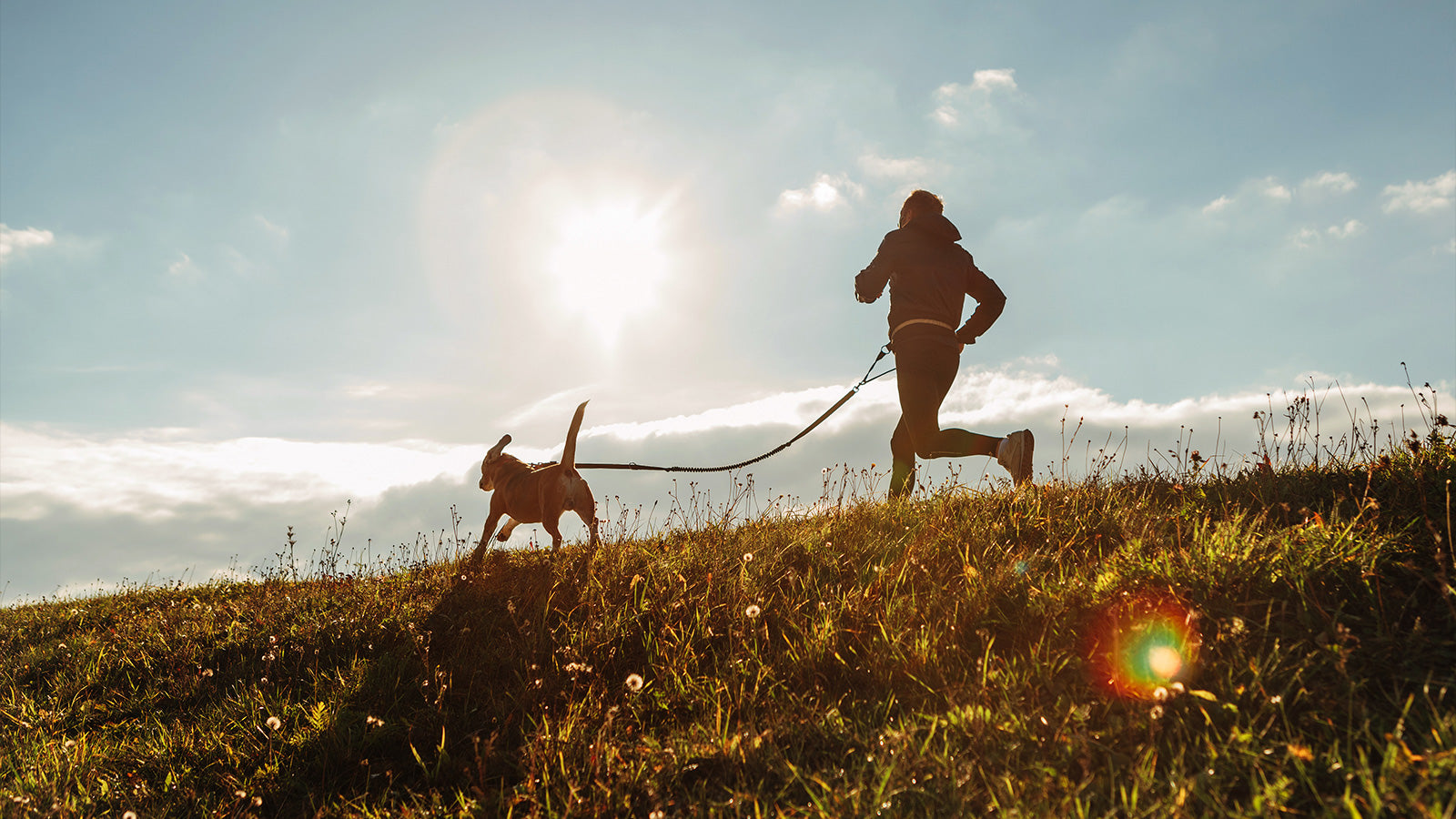
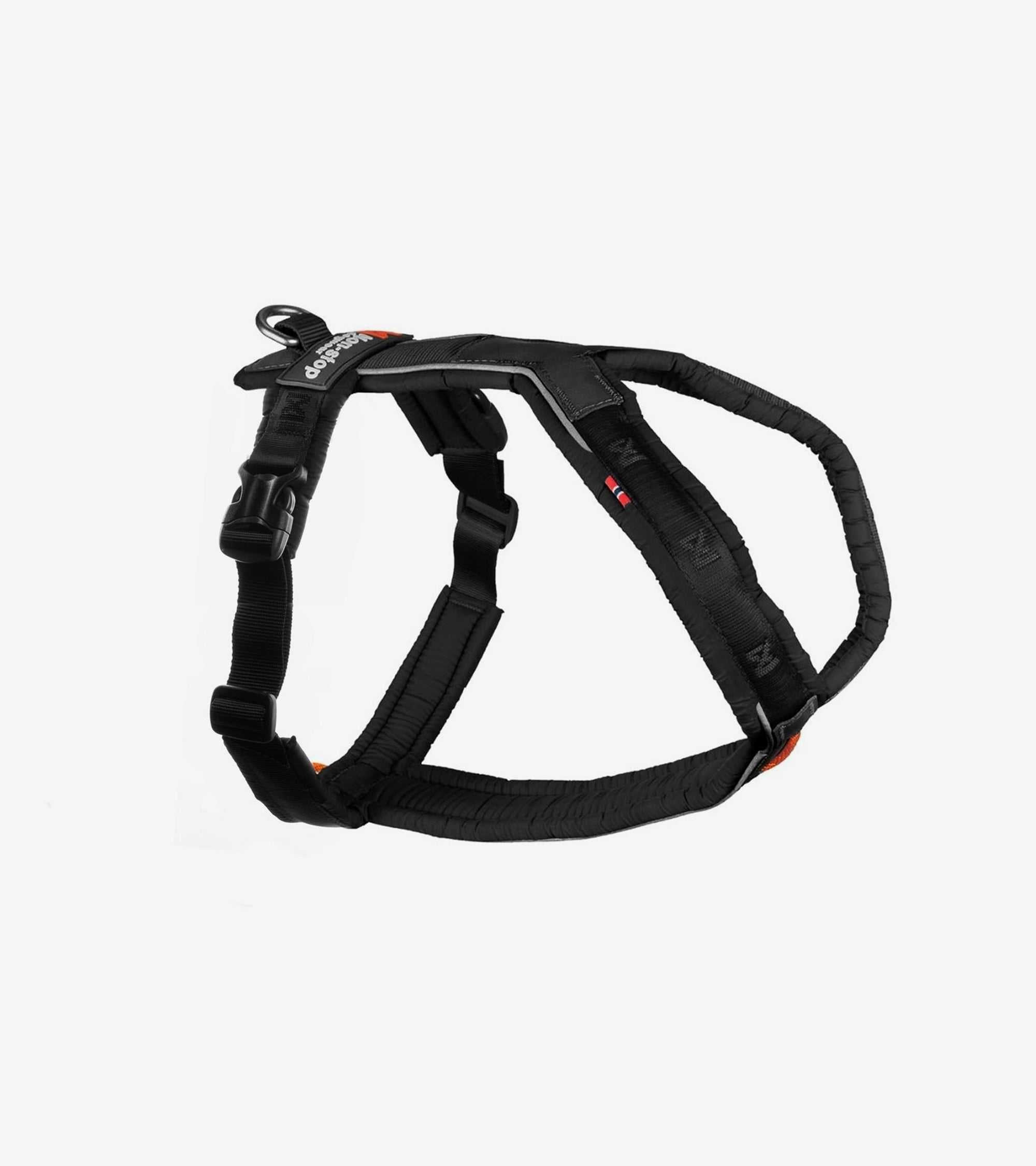
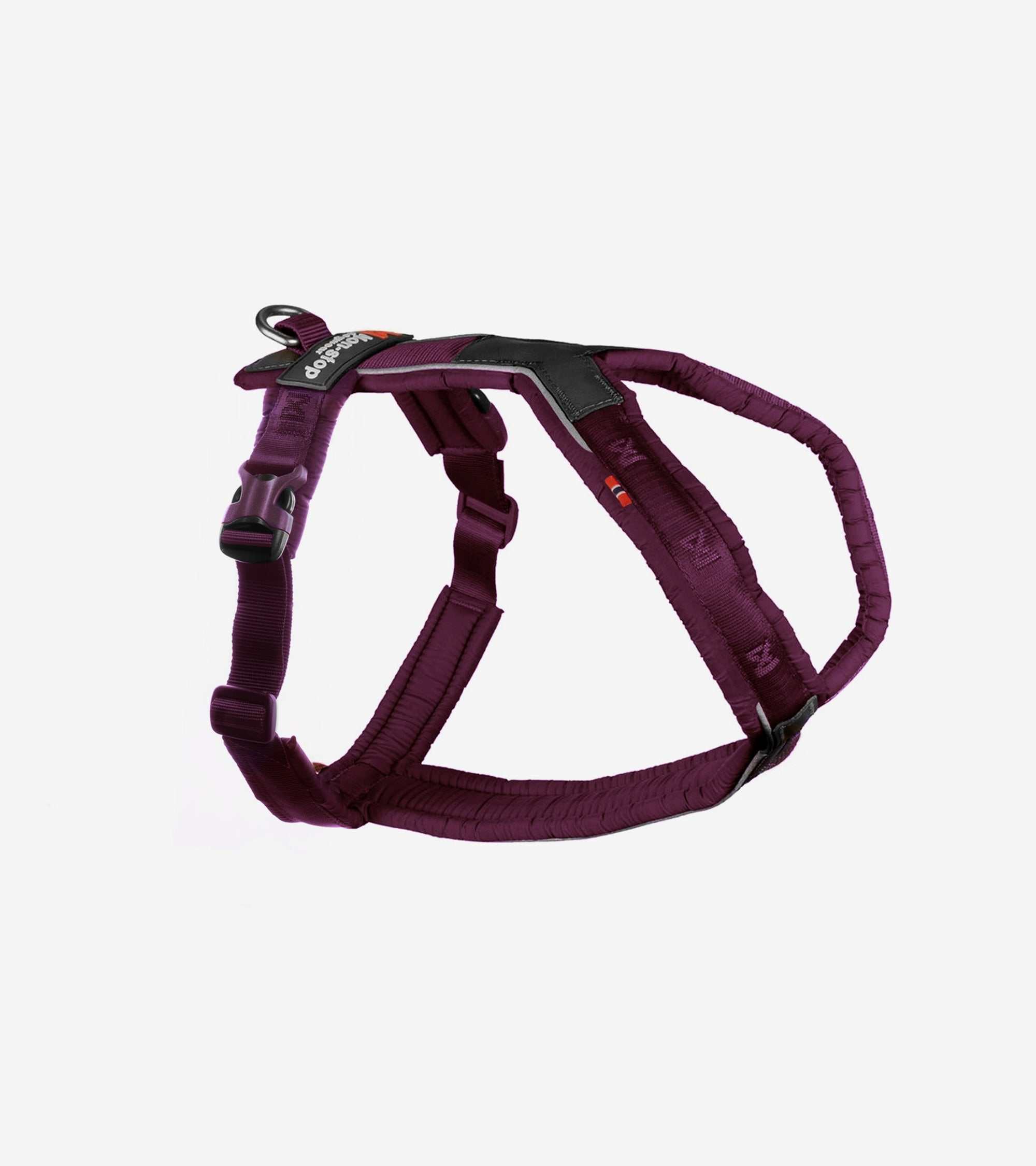
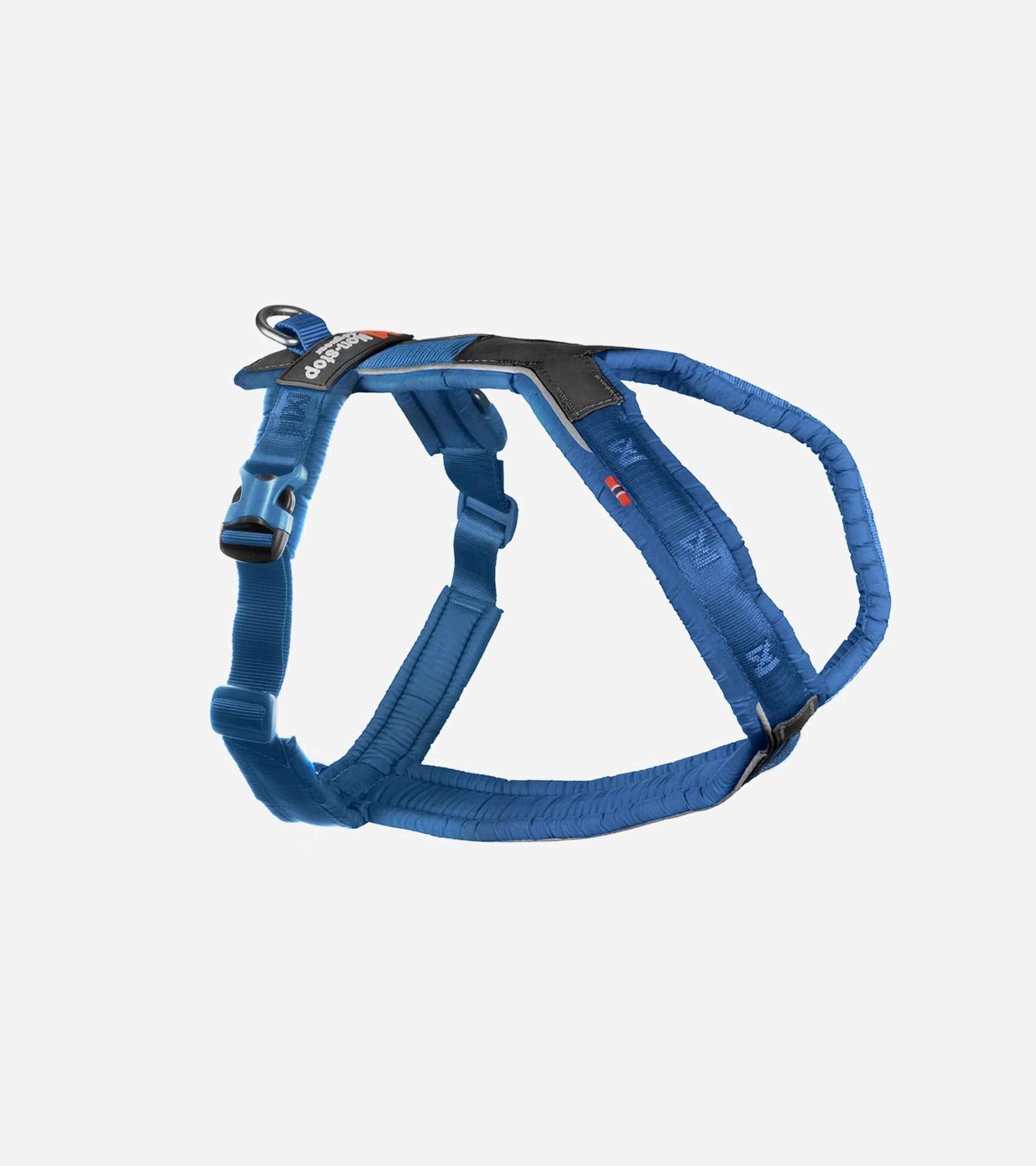
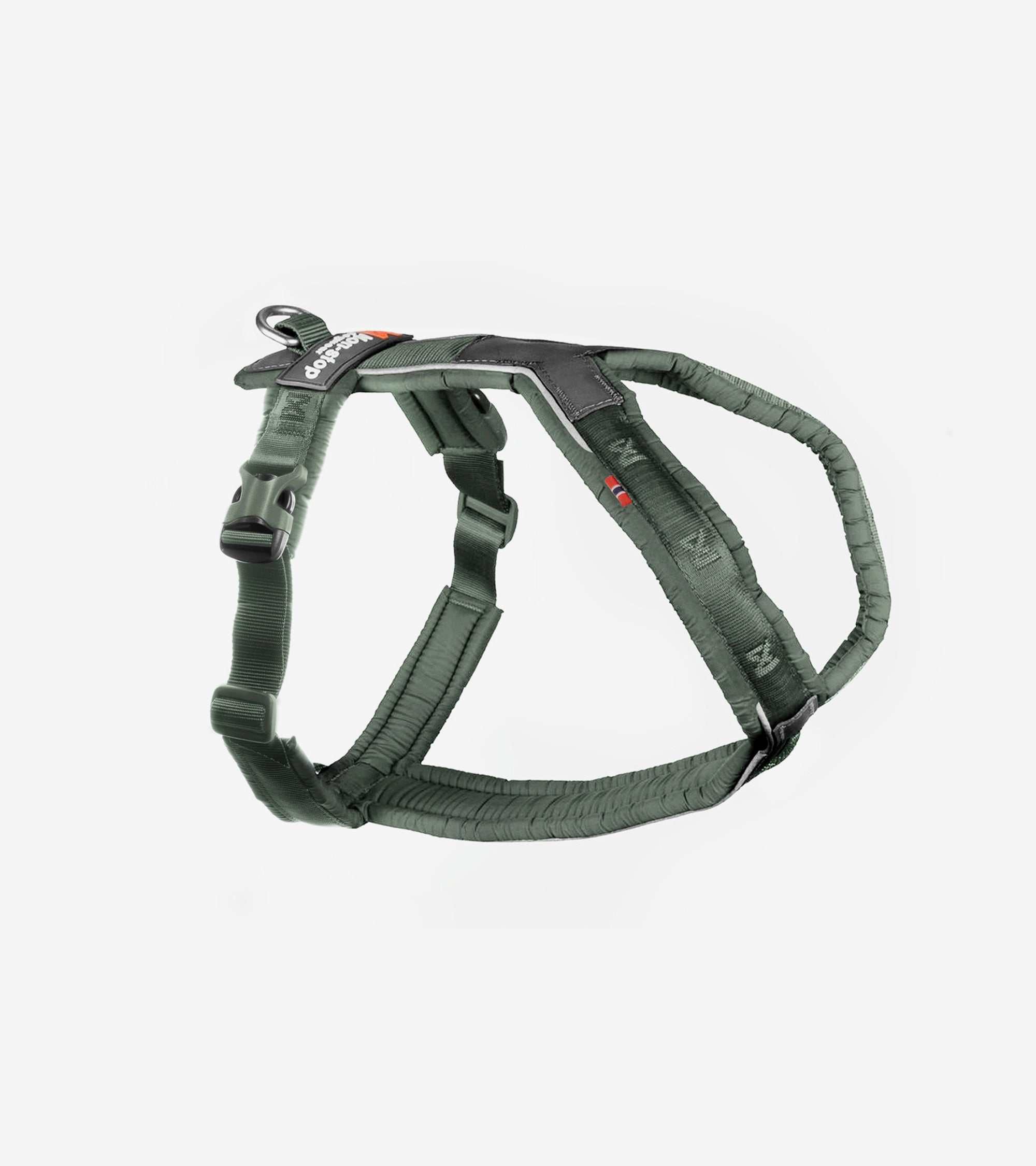
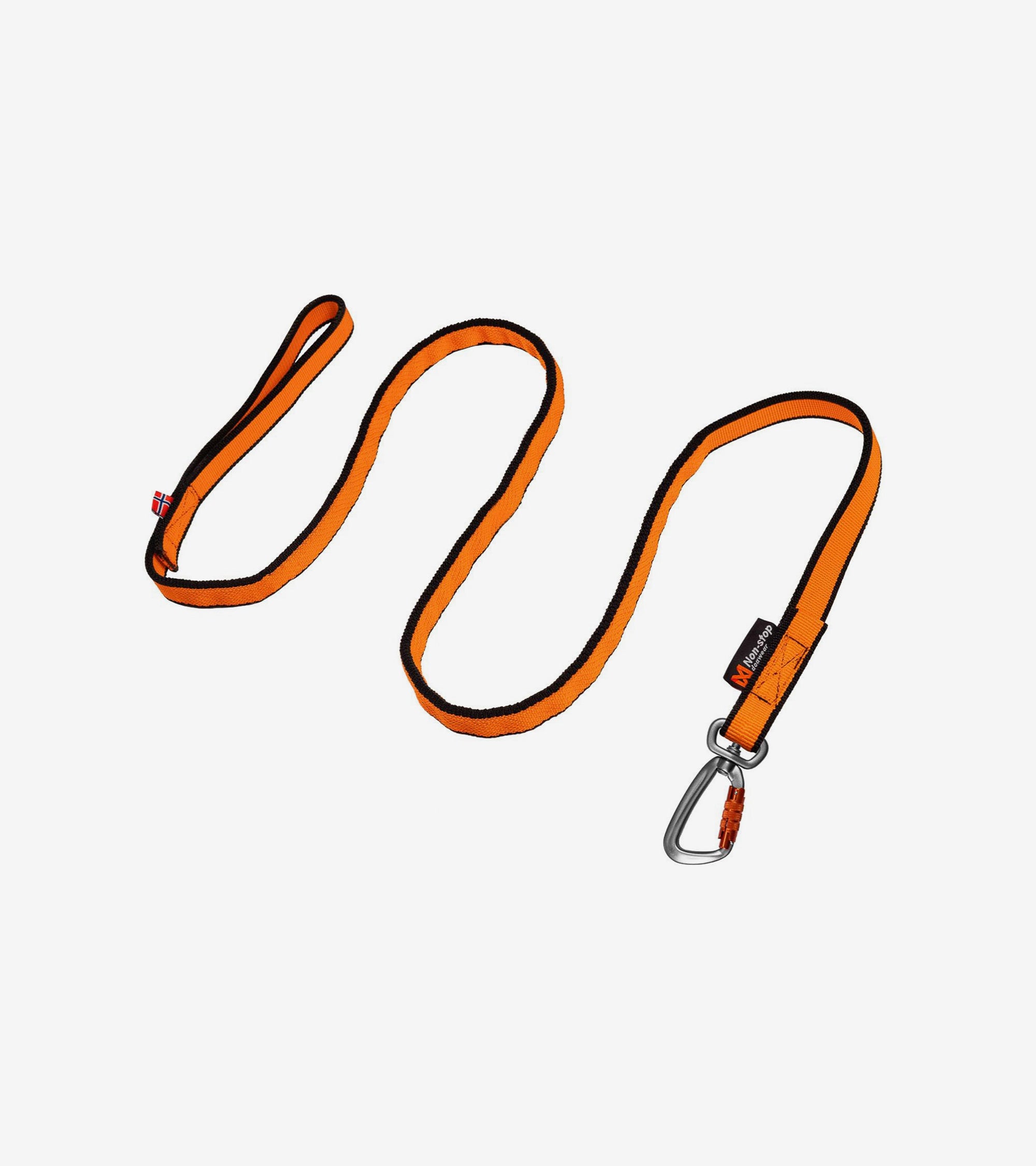
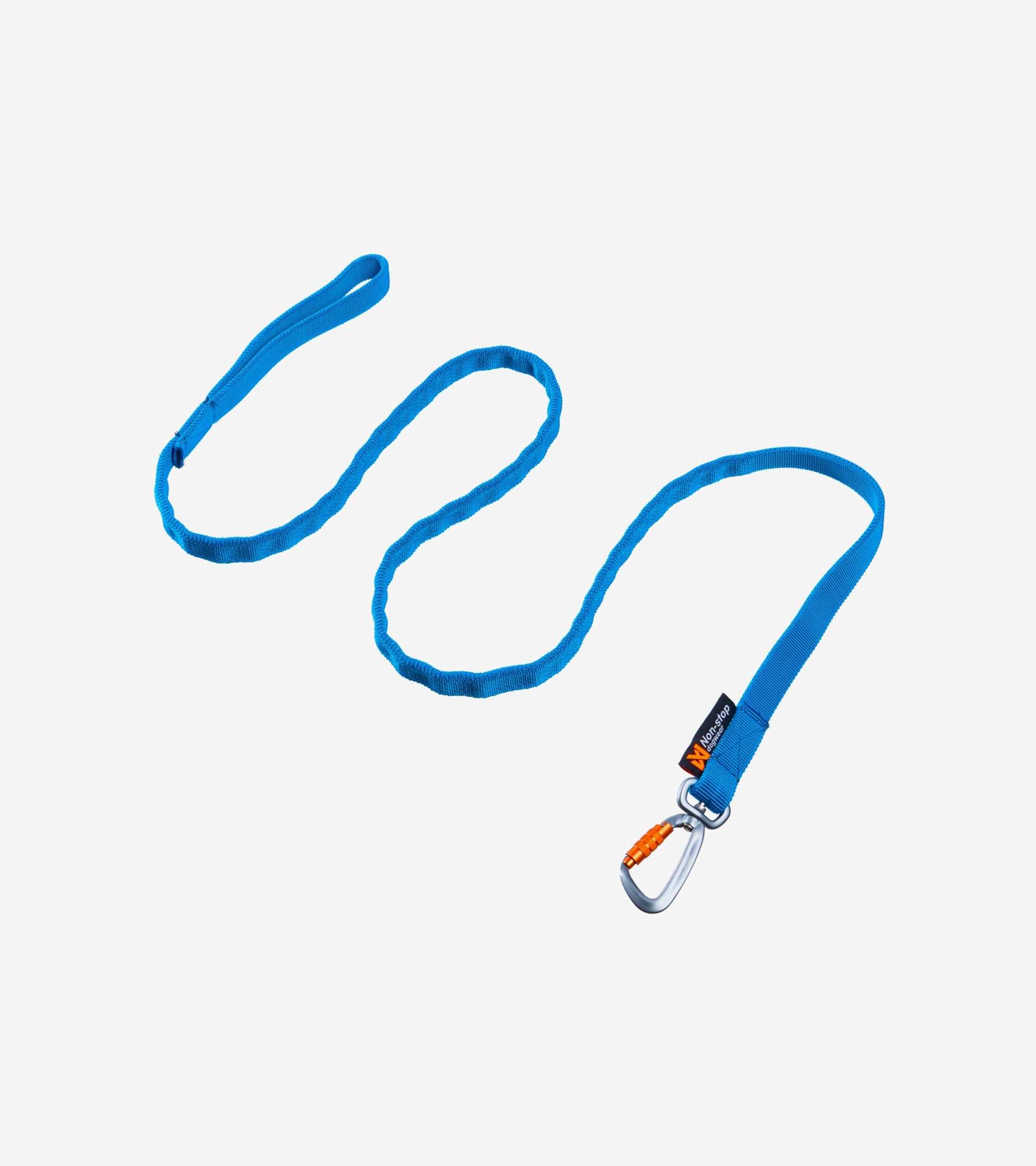
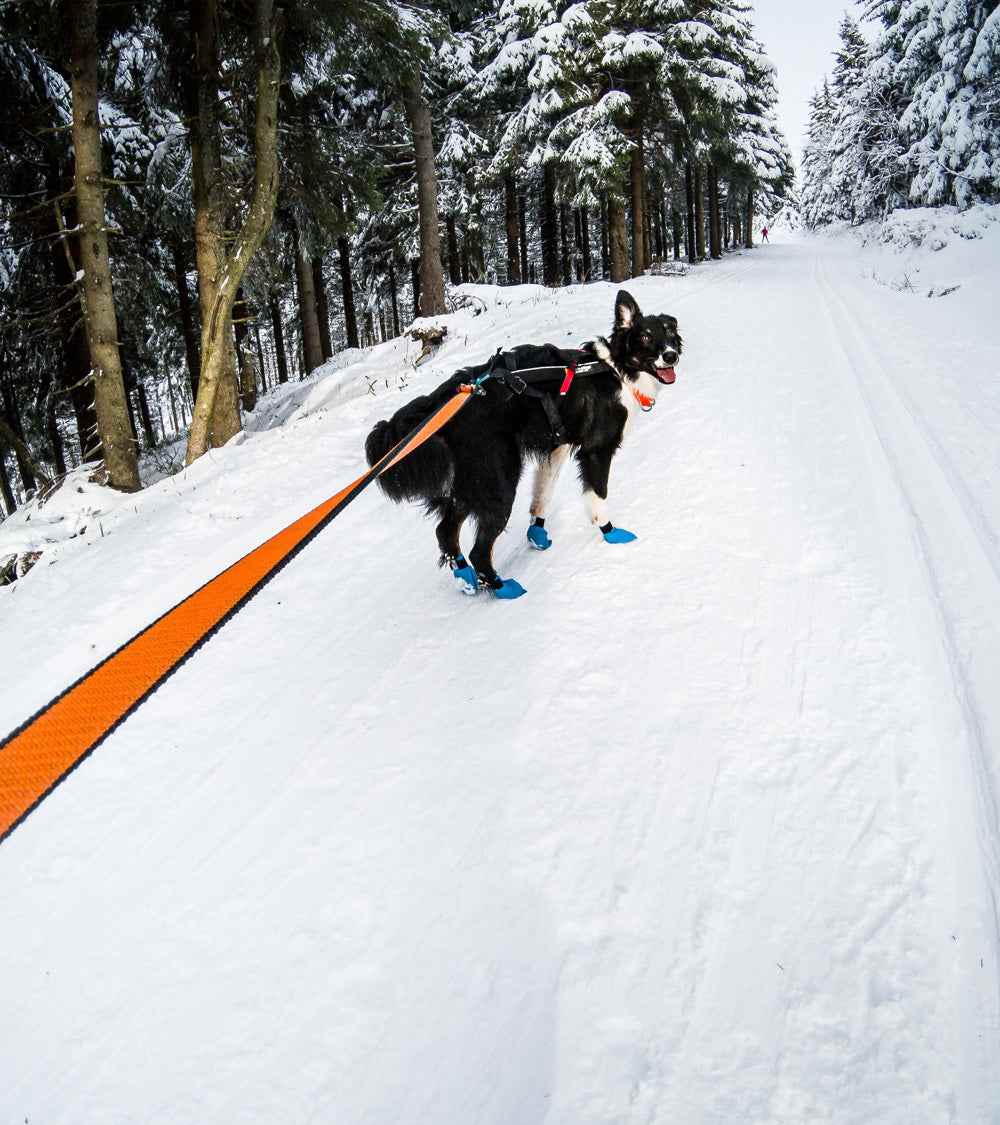
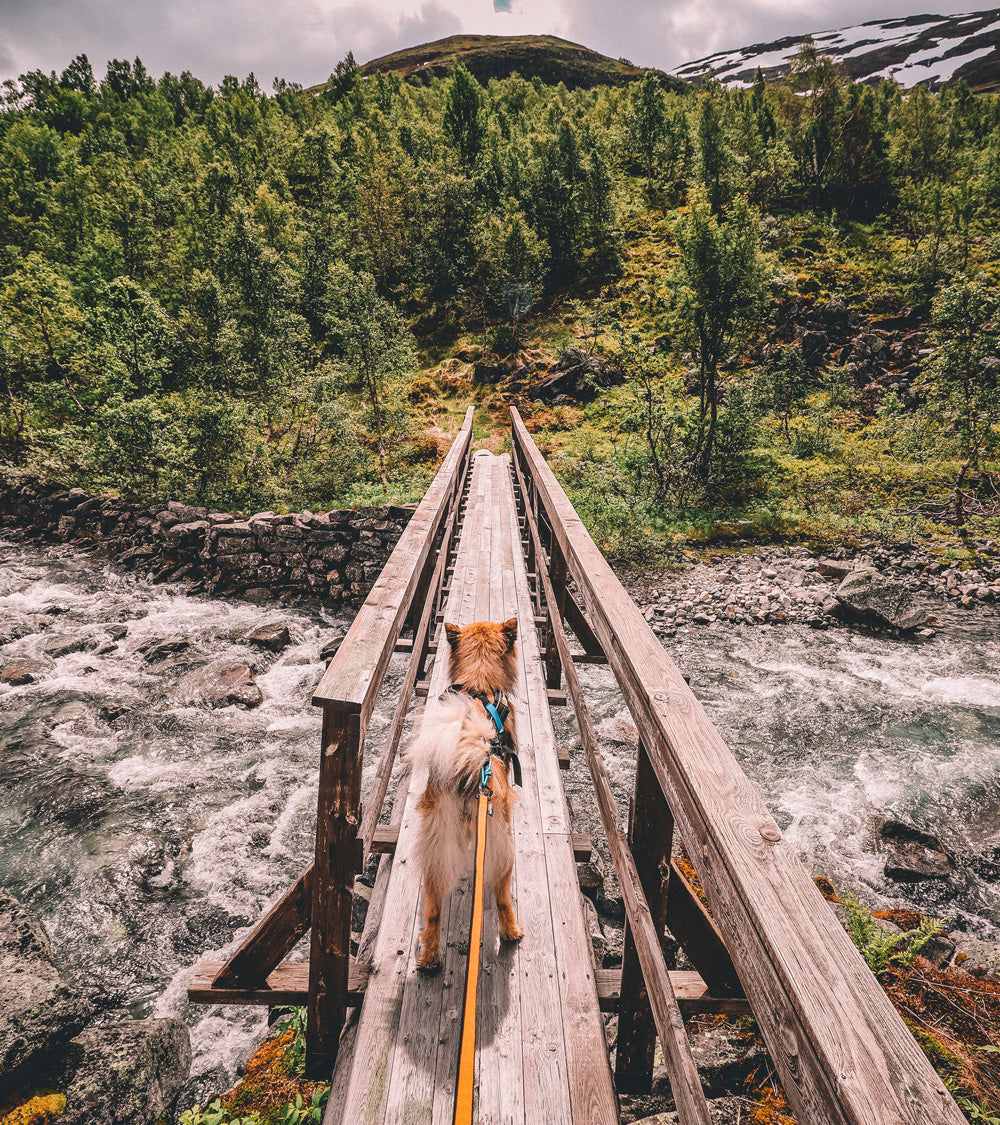
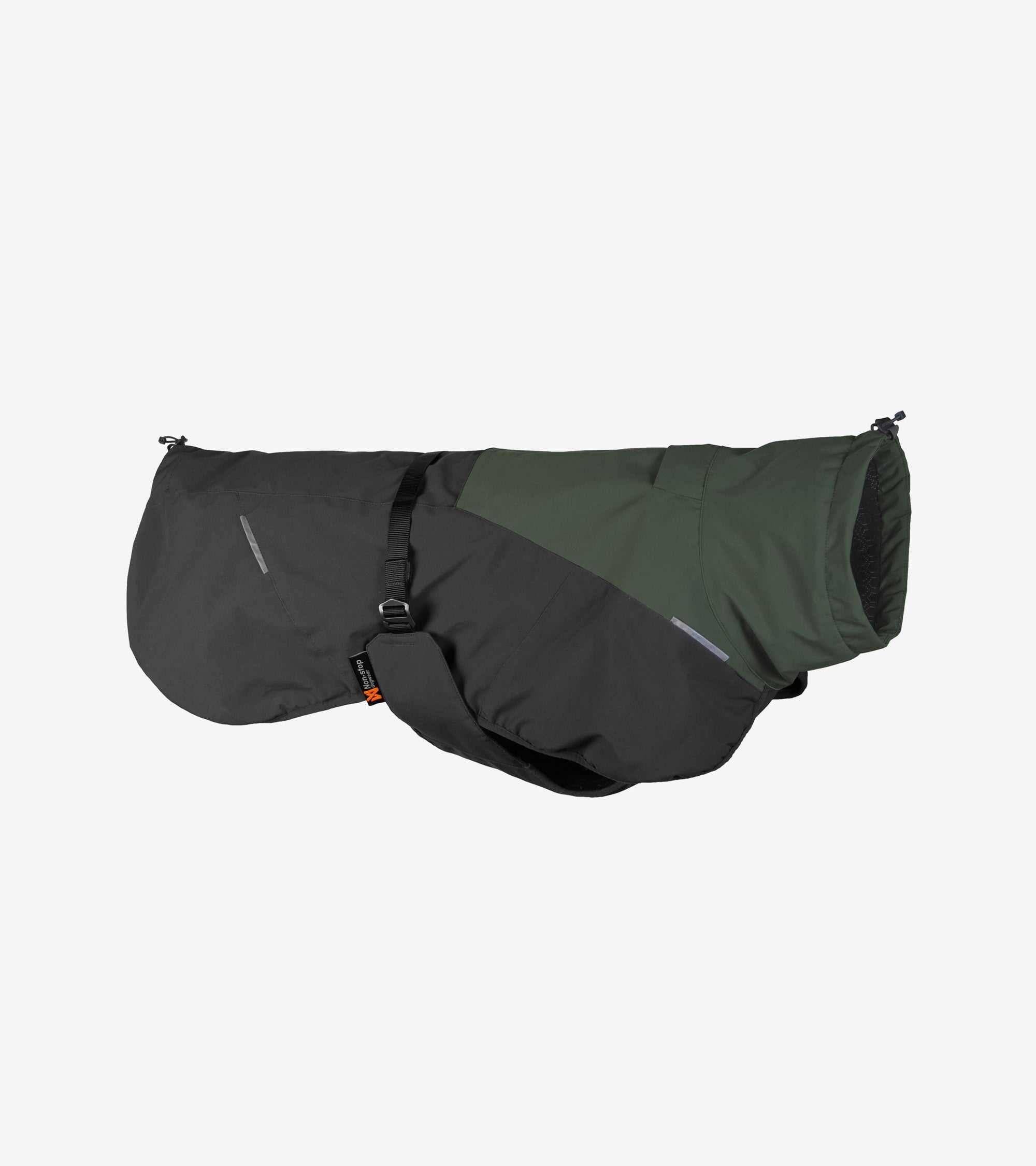
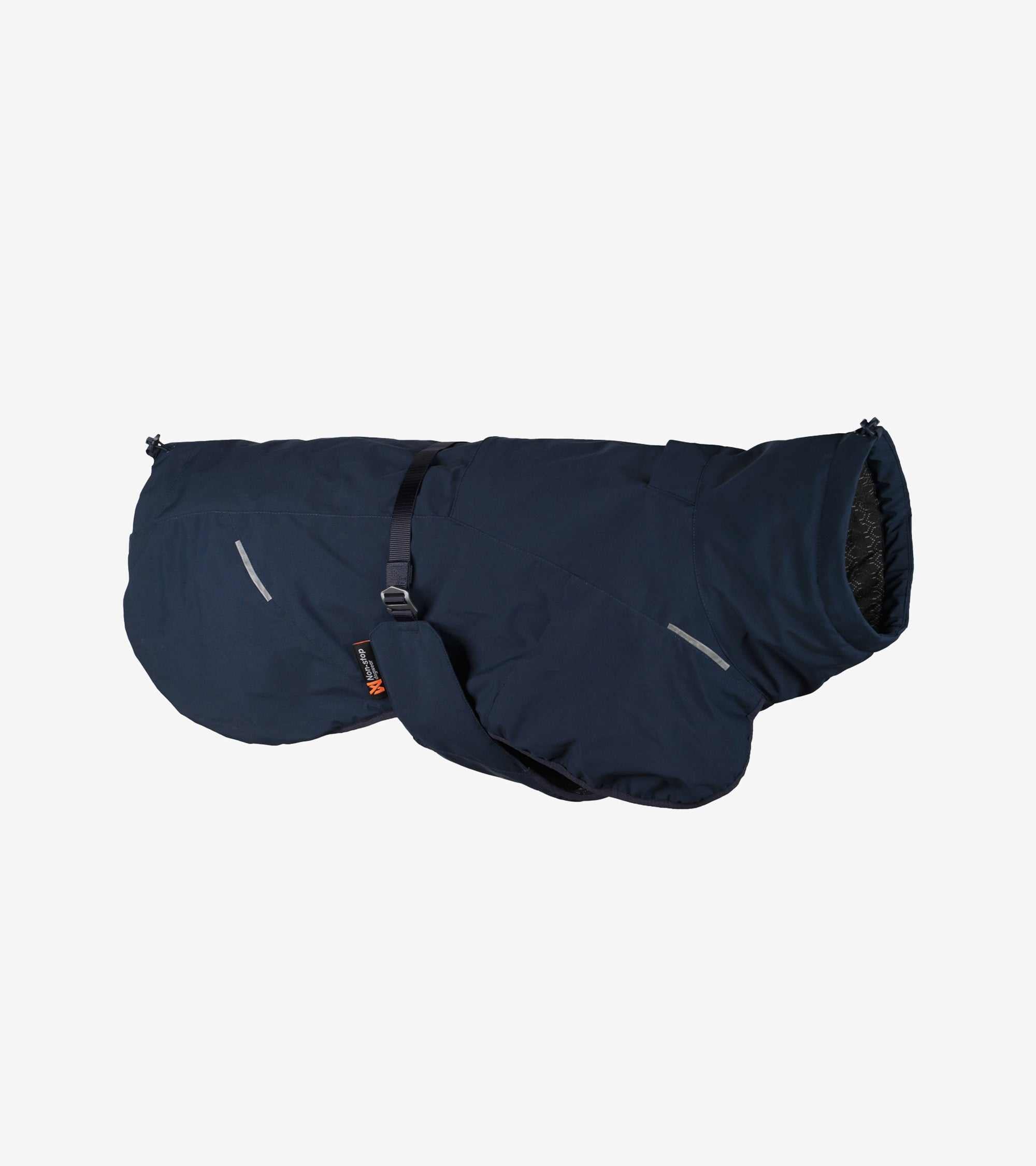
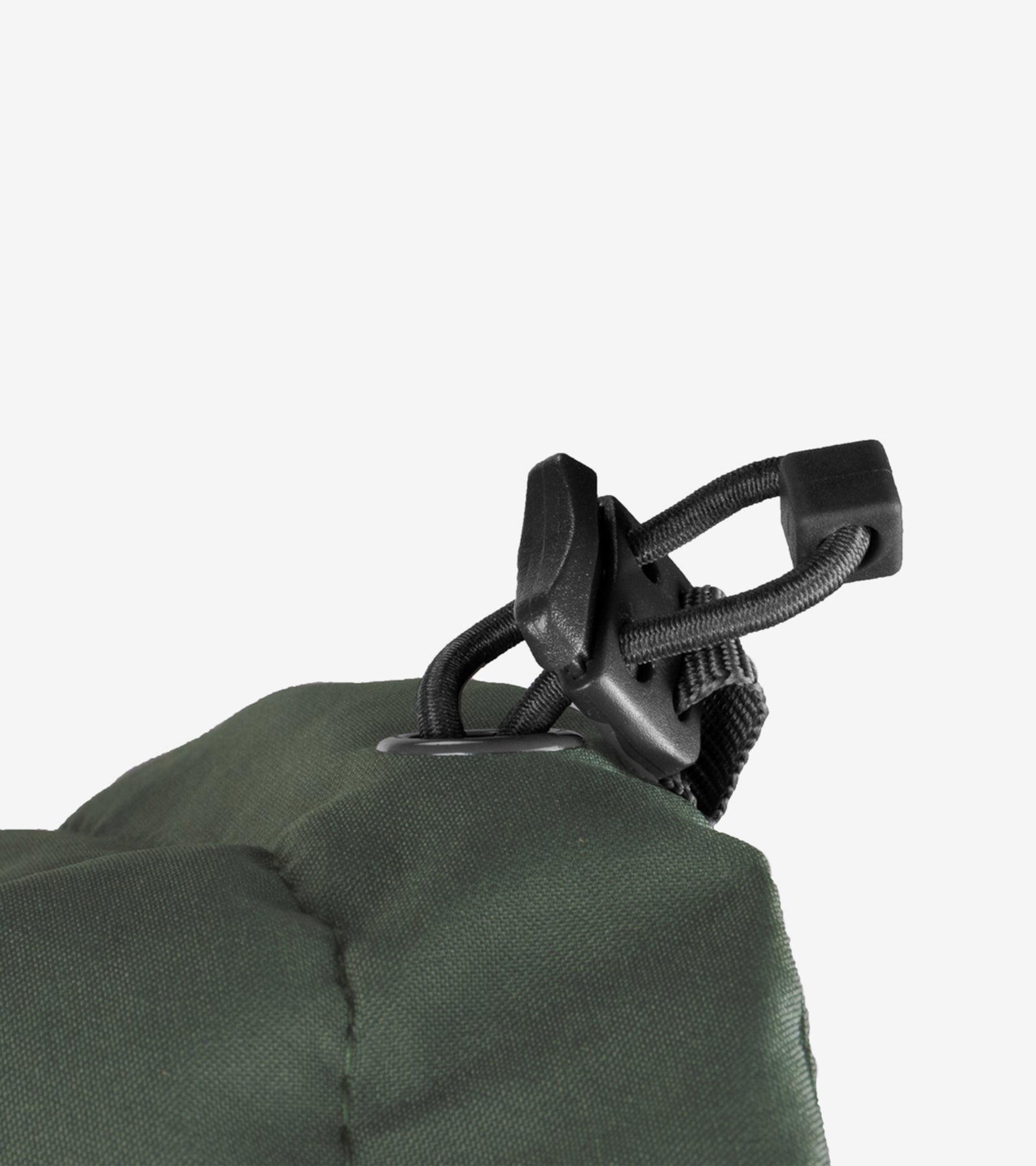
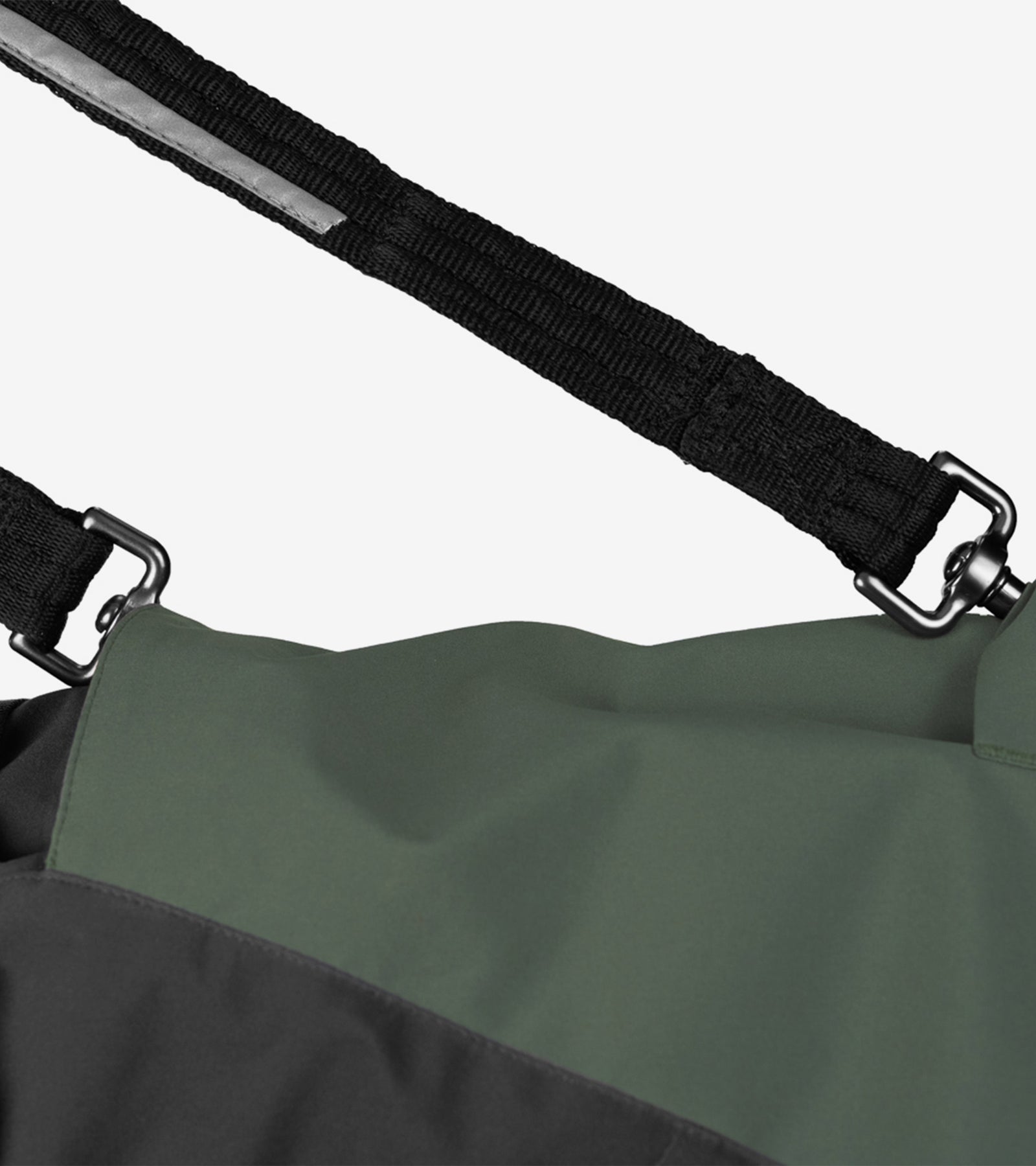
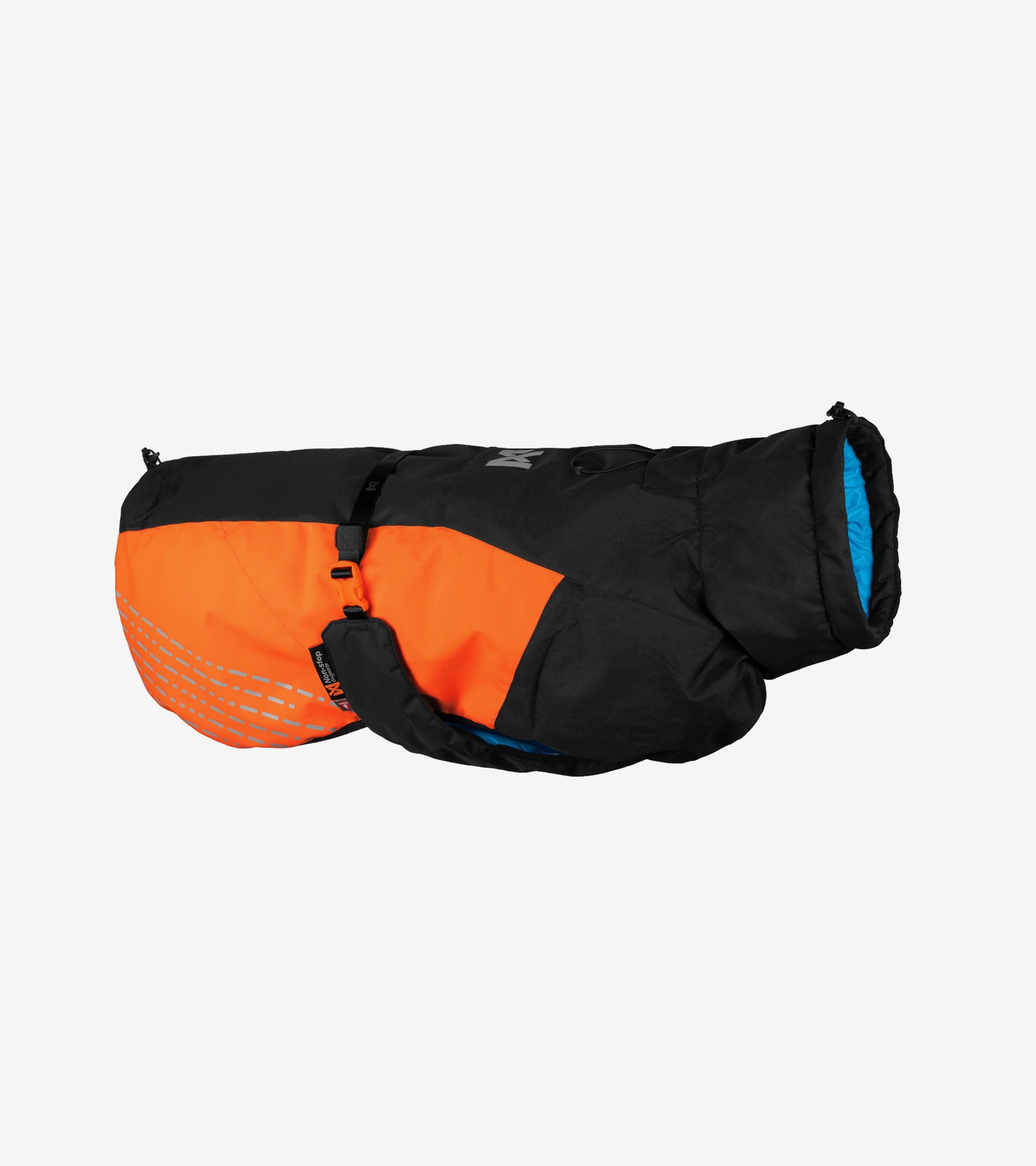
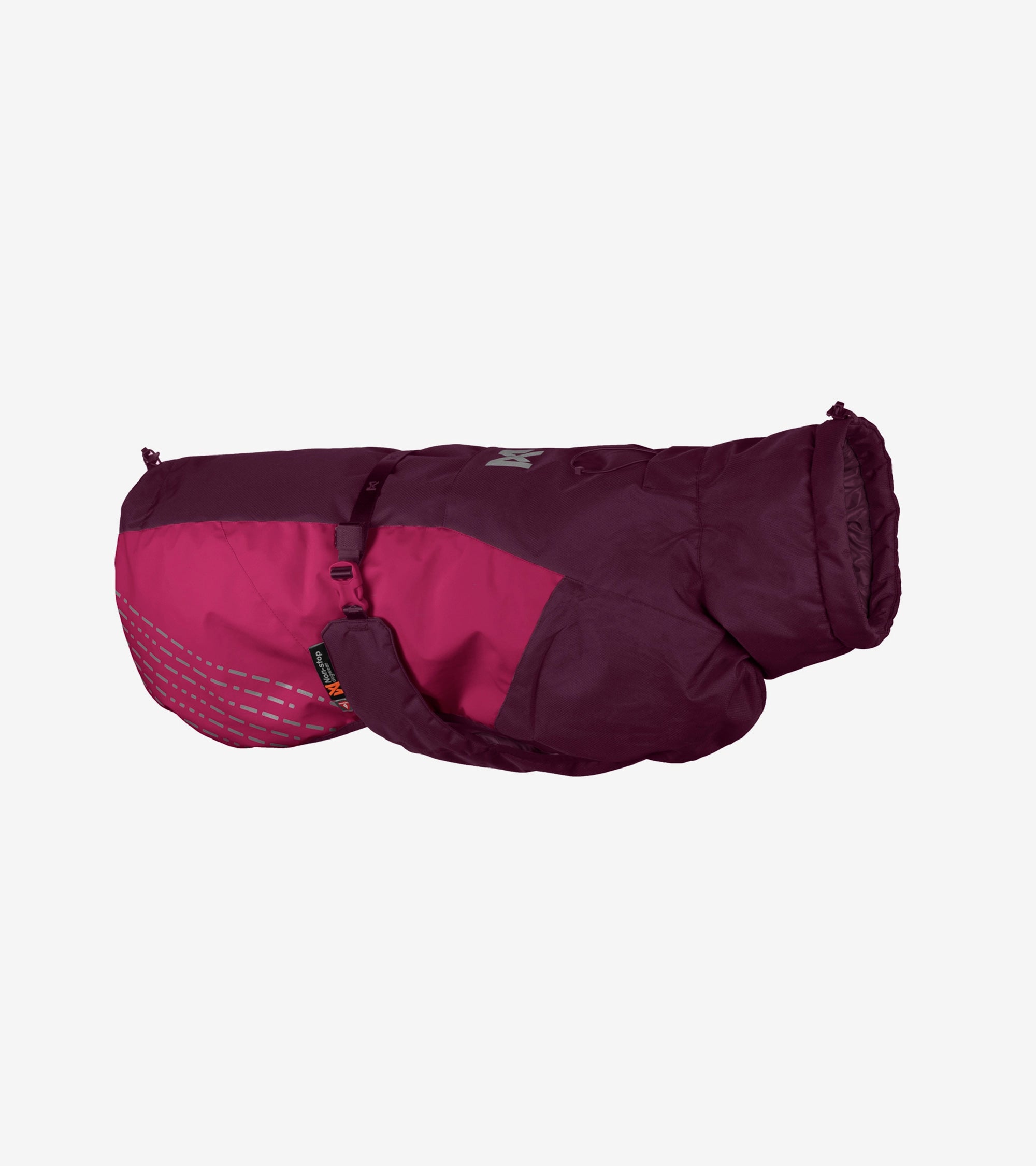
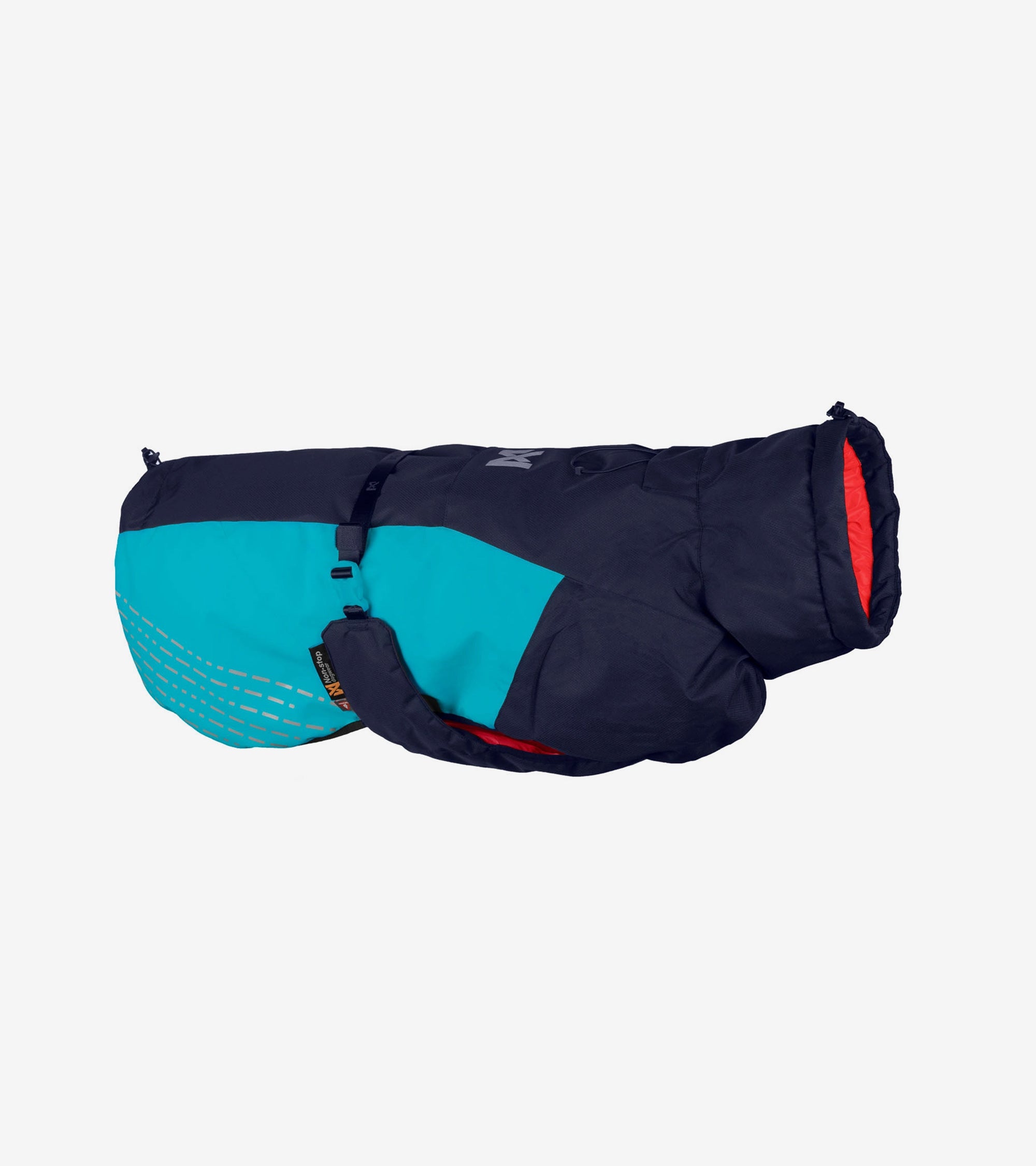
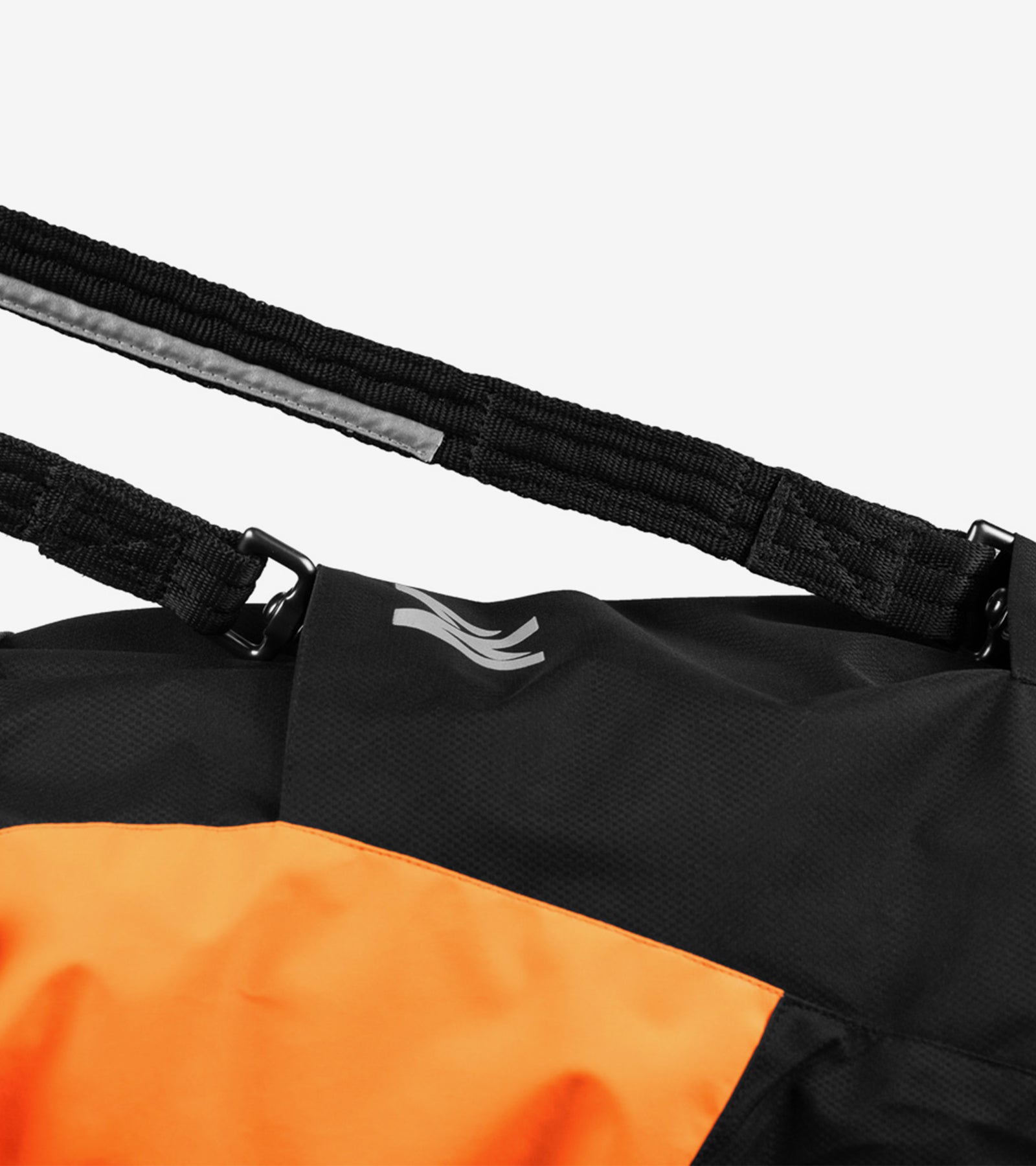
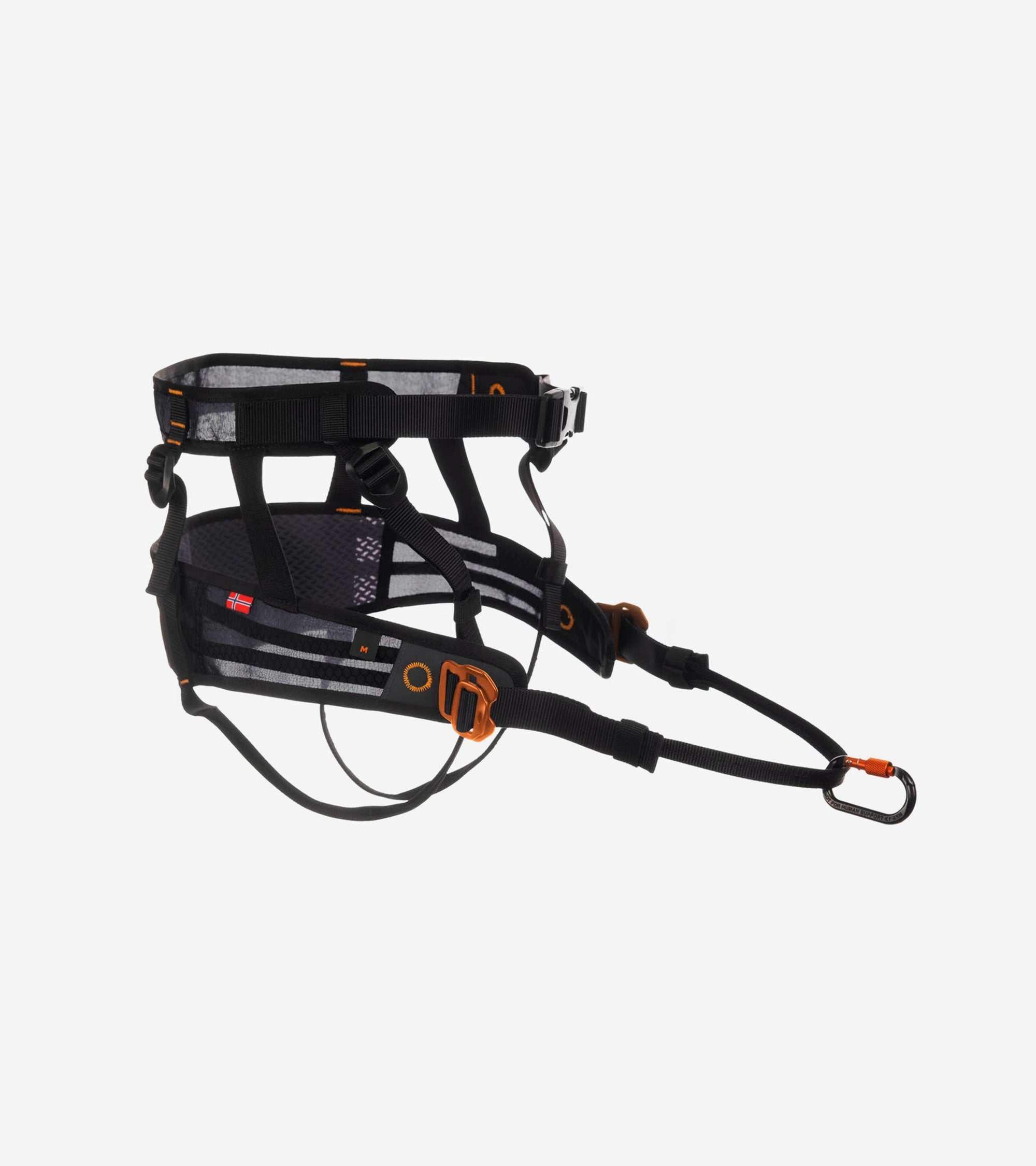
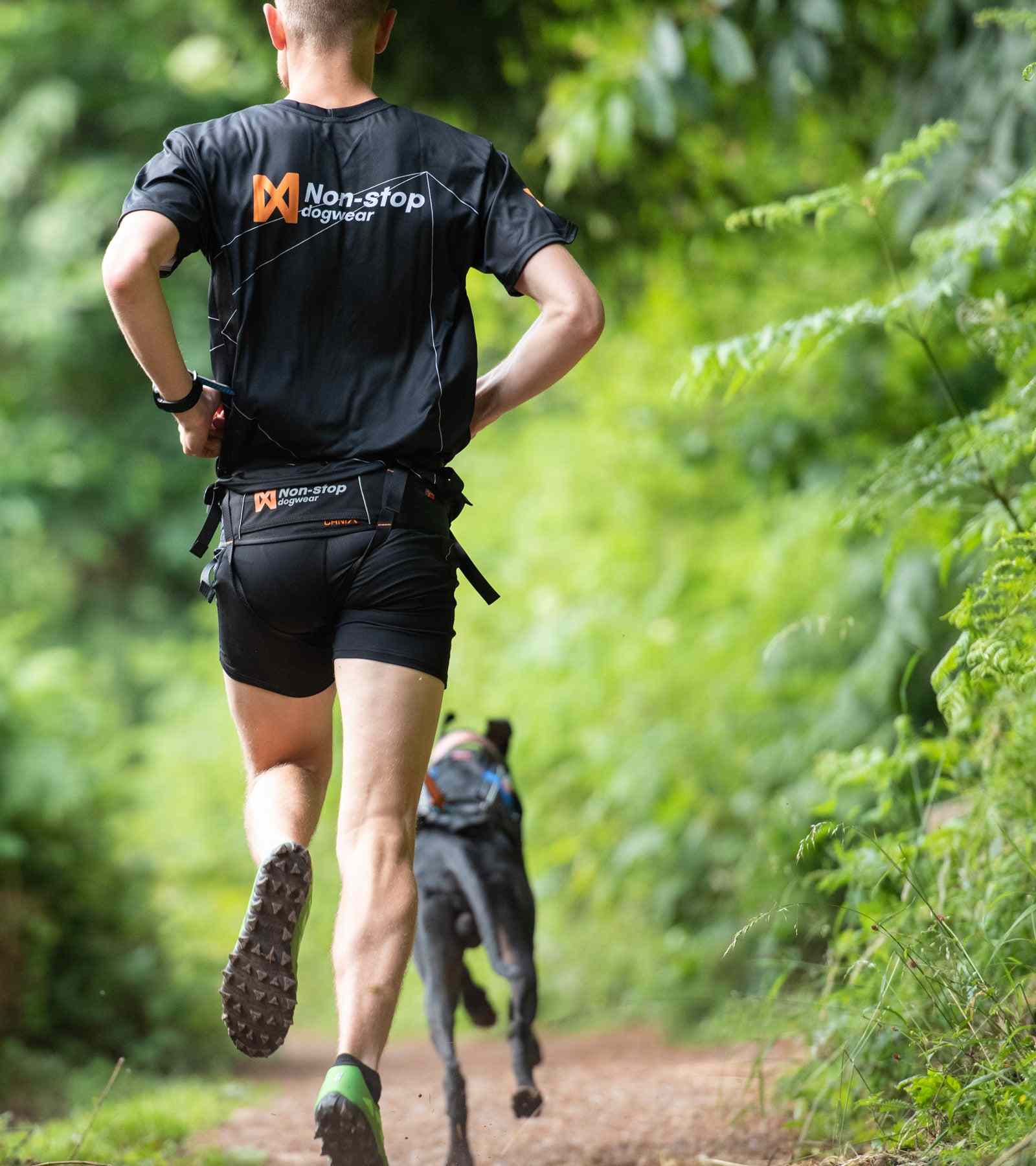
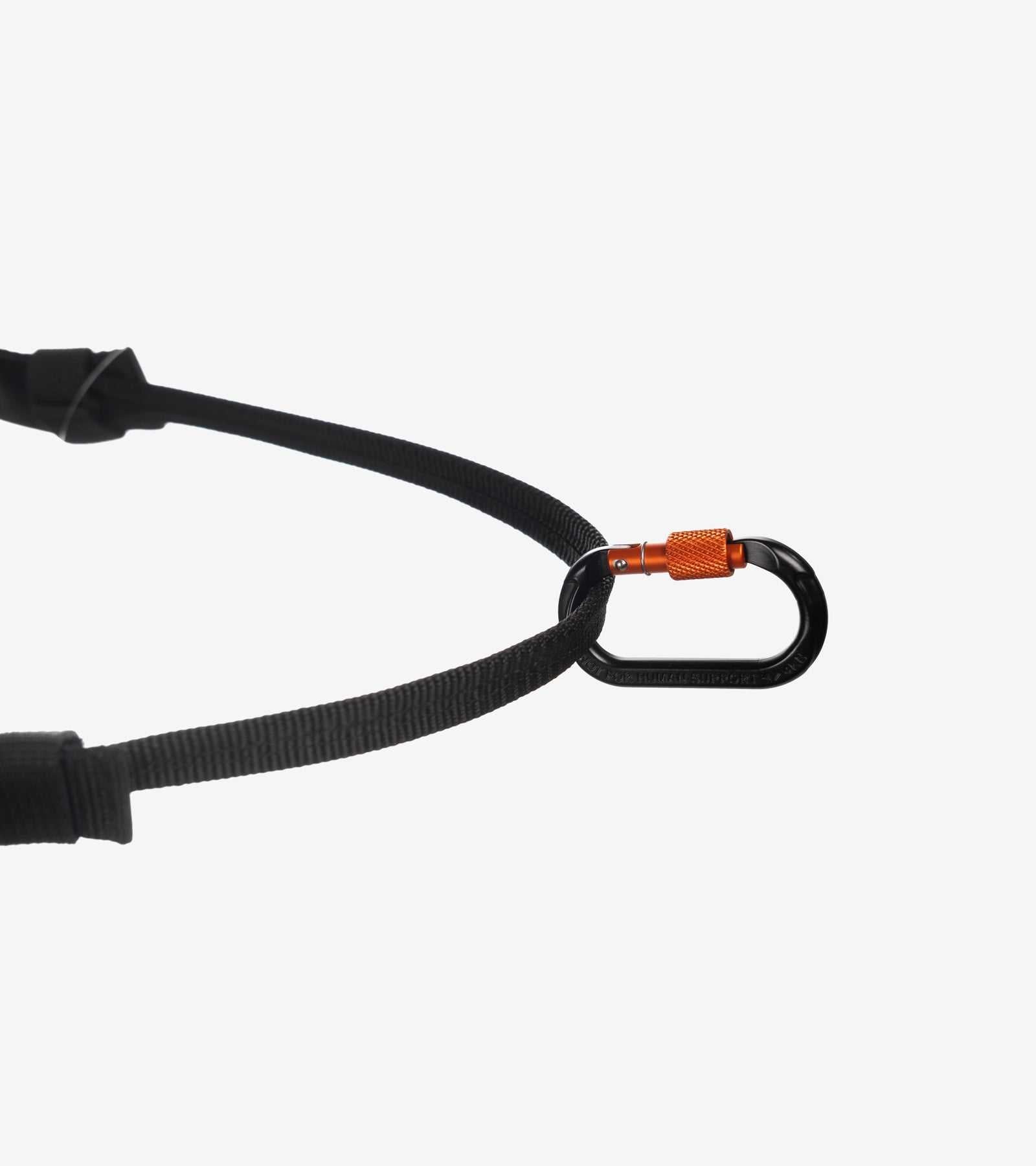
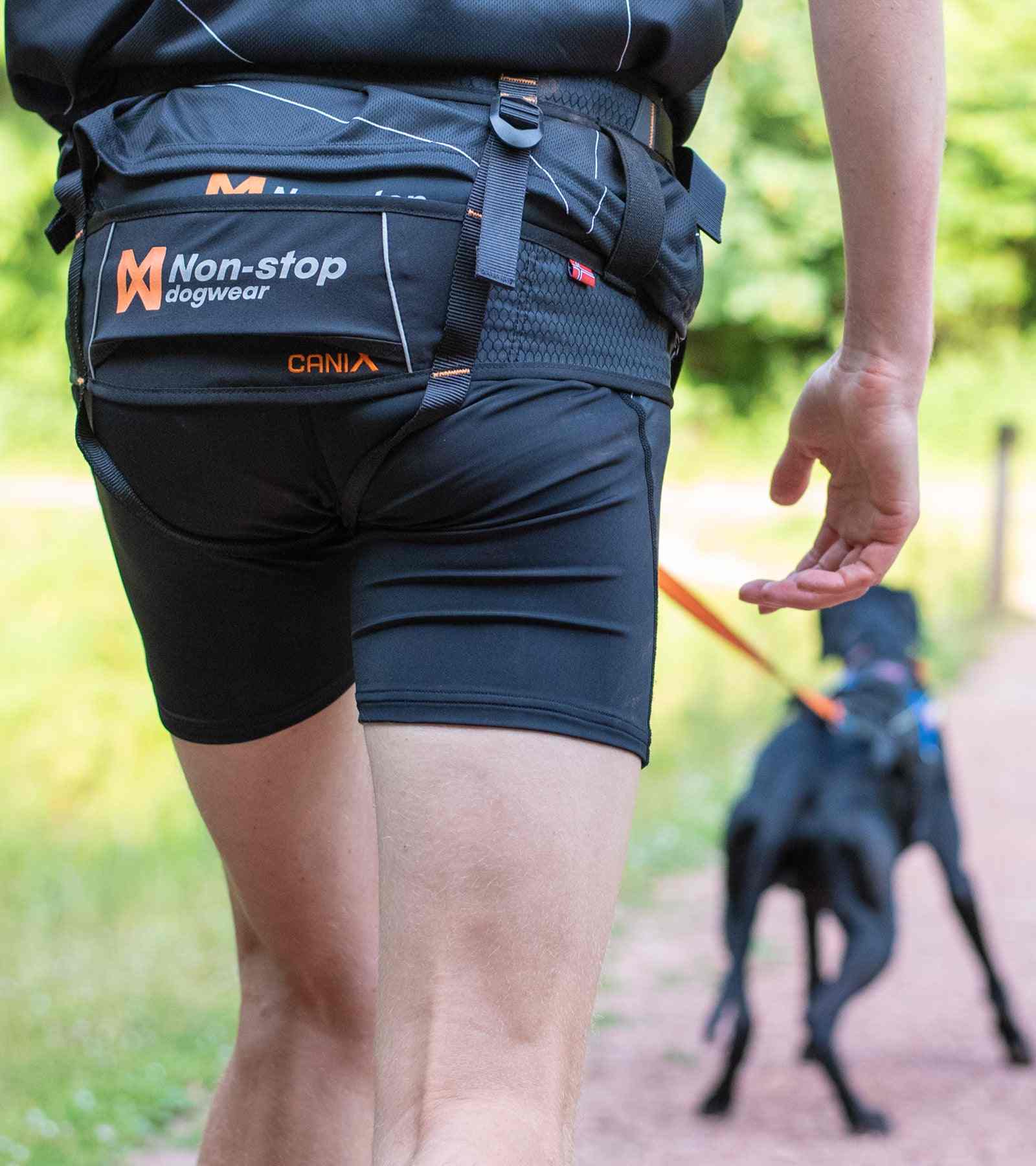
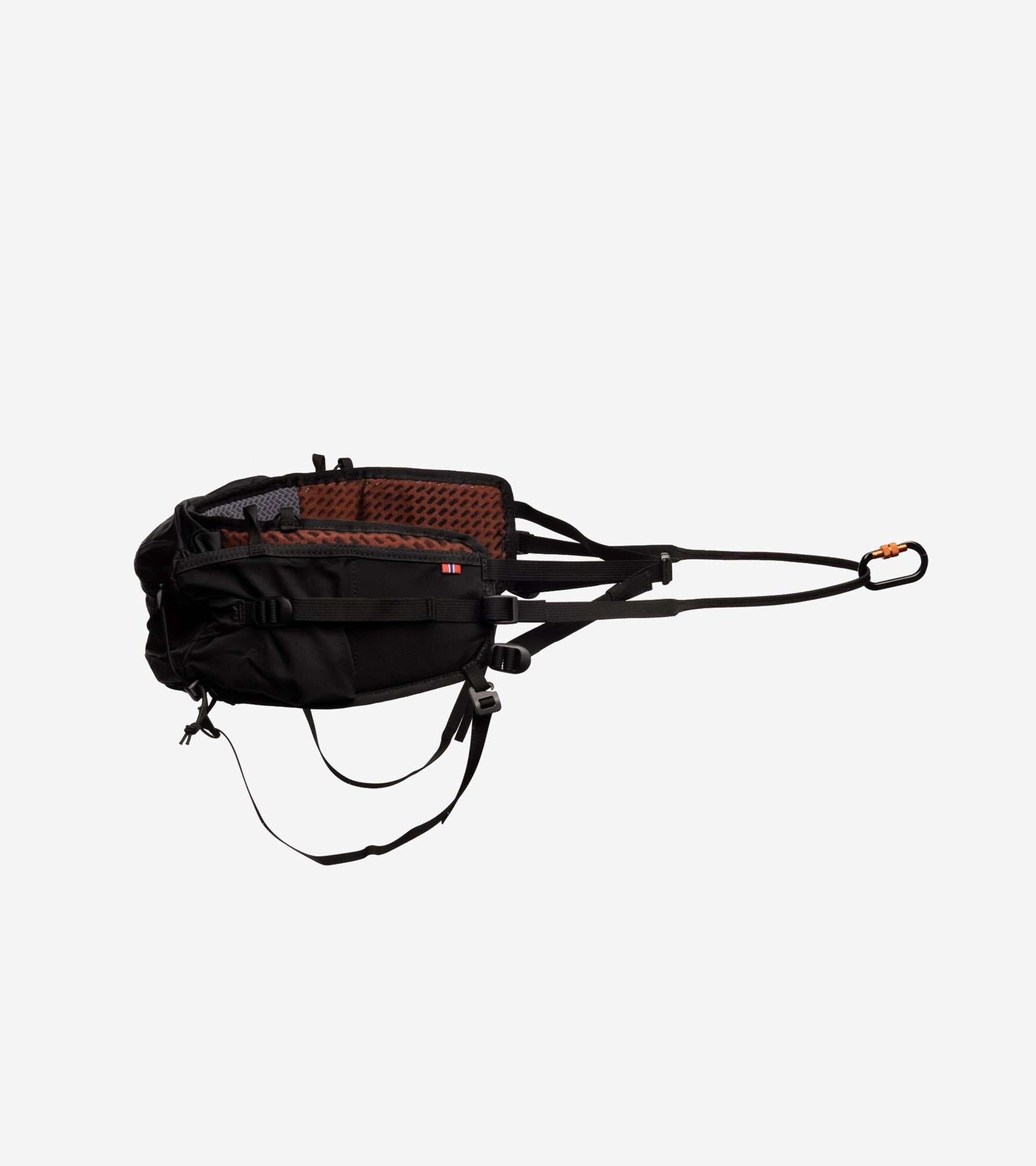
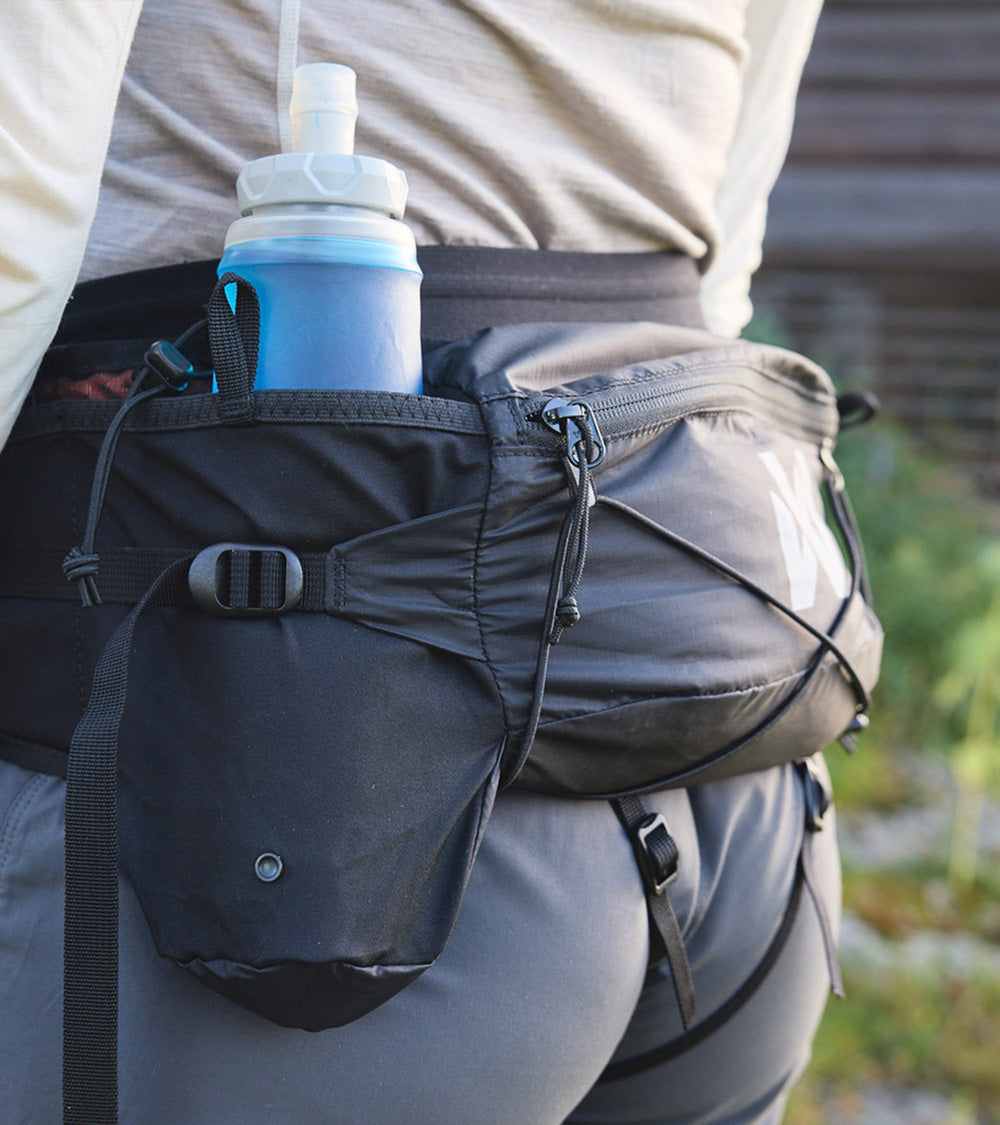
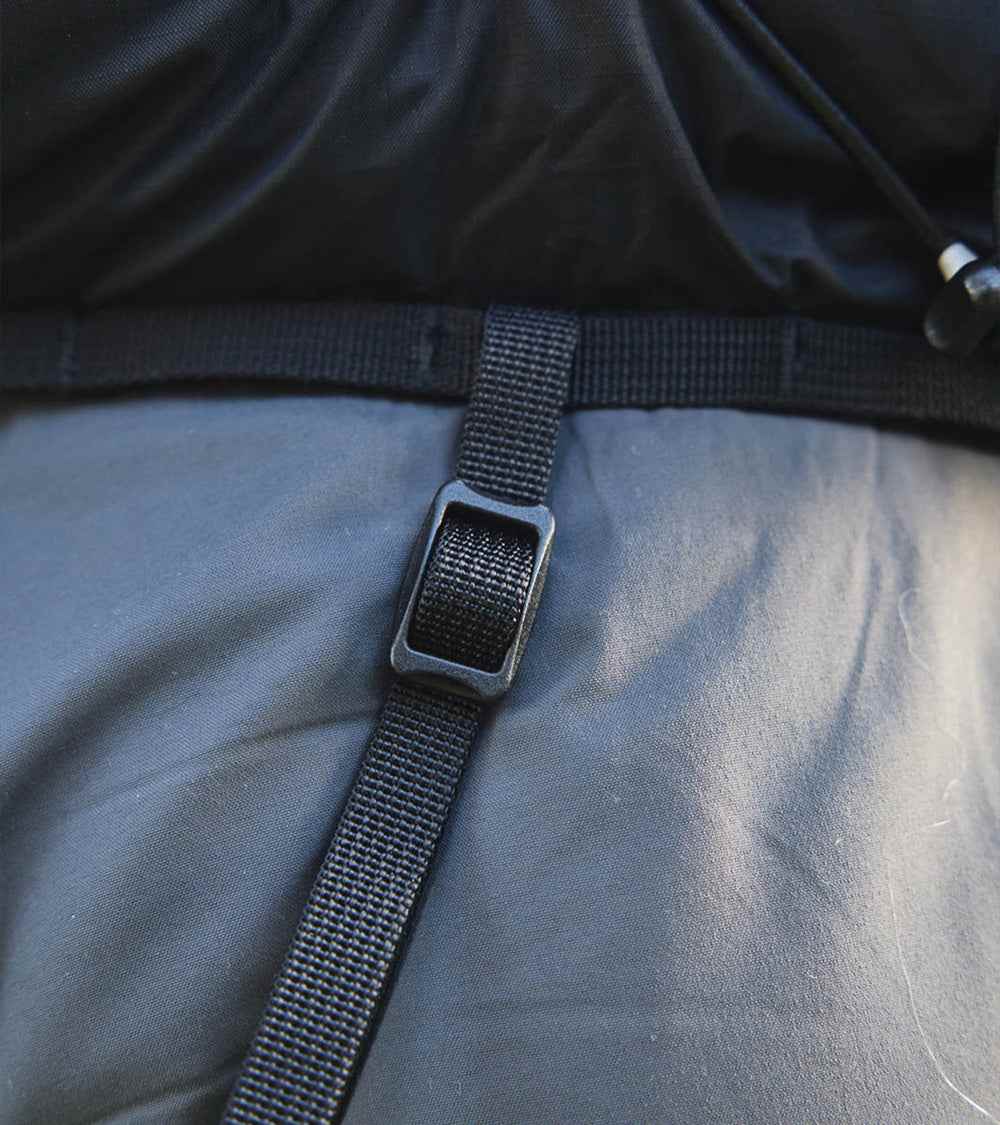
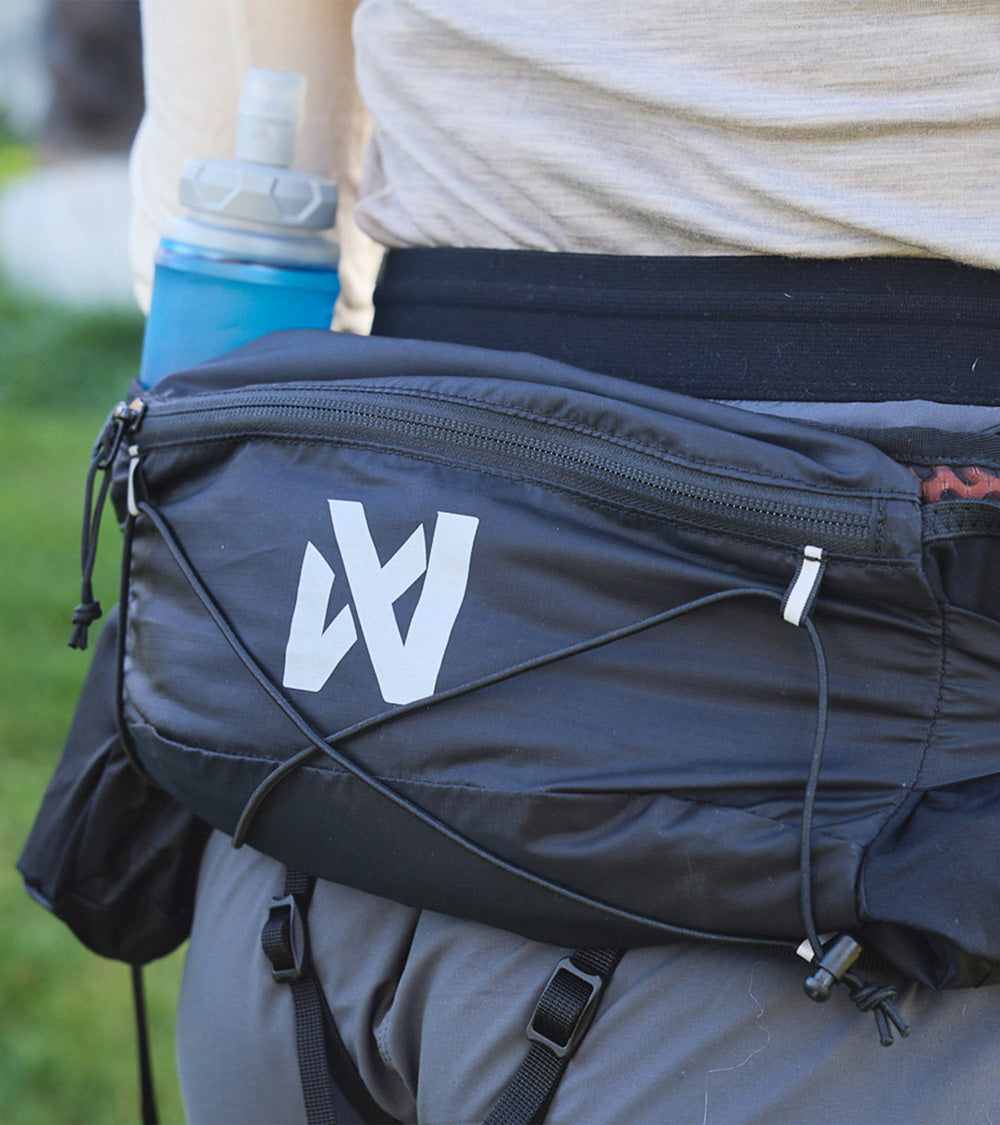
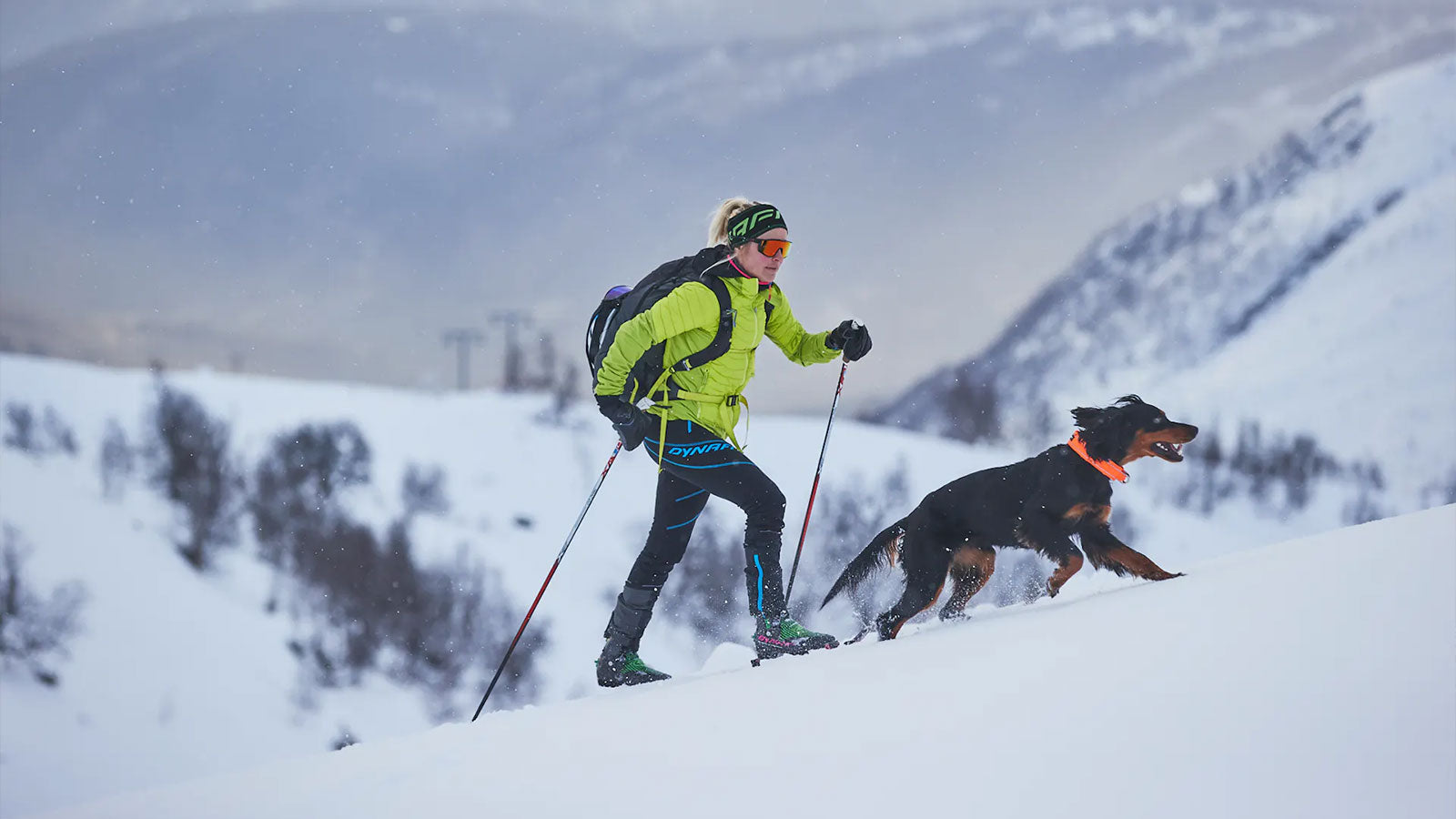
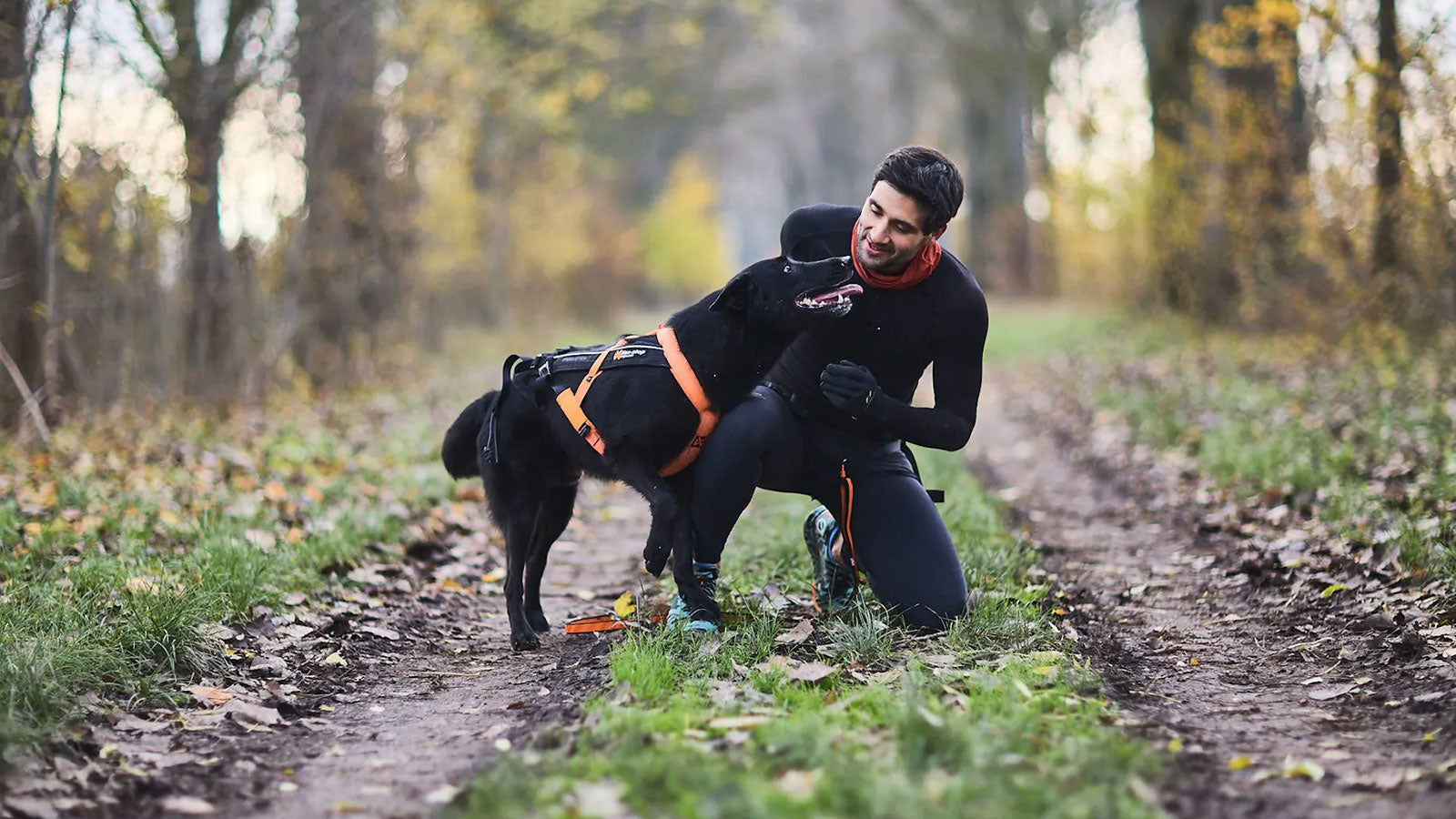
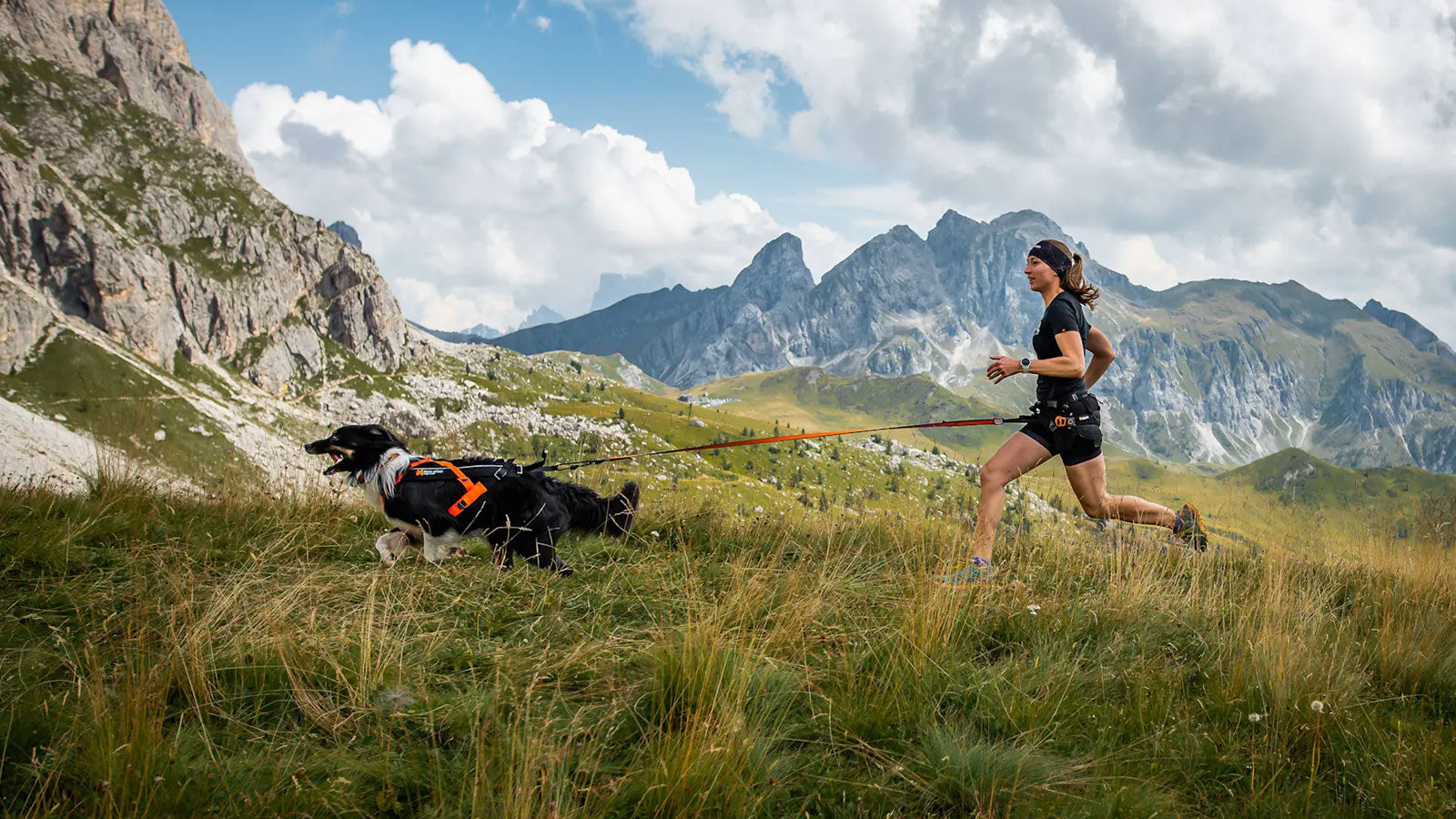
Κοινοποίηση:
What is Canicross?
Best tips for backpacking with a dog